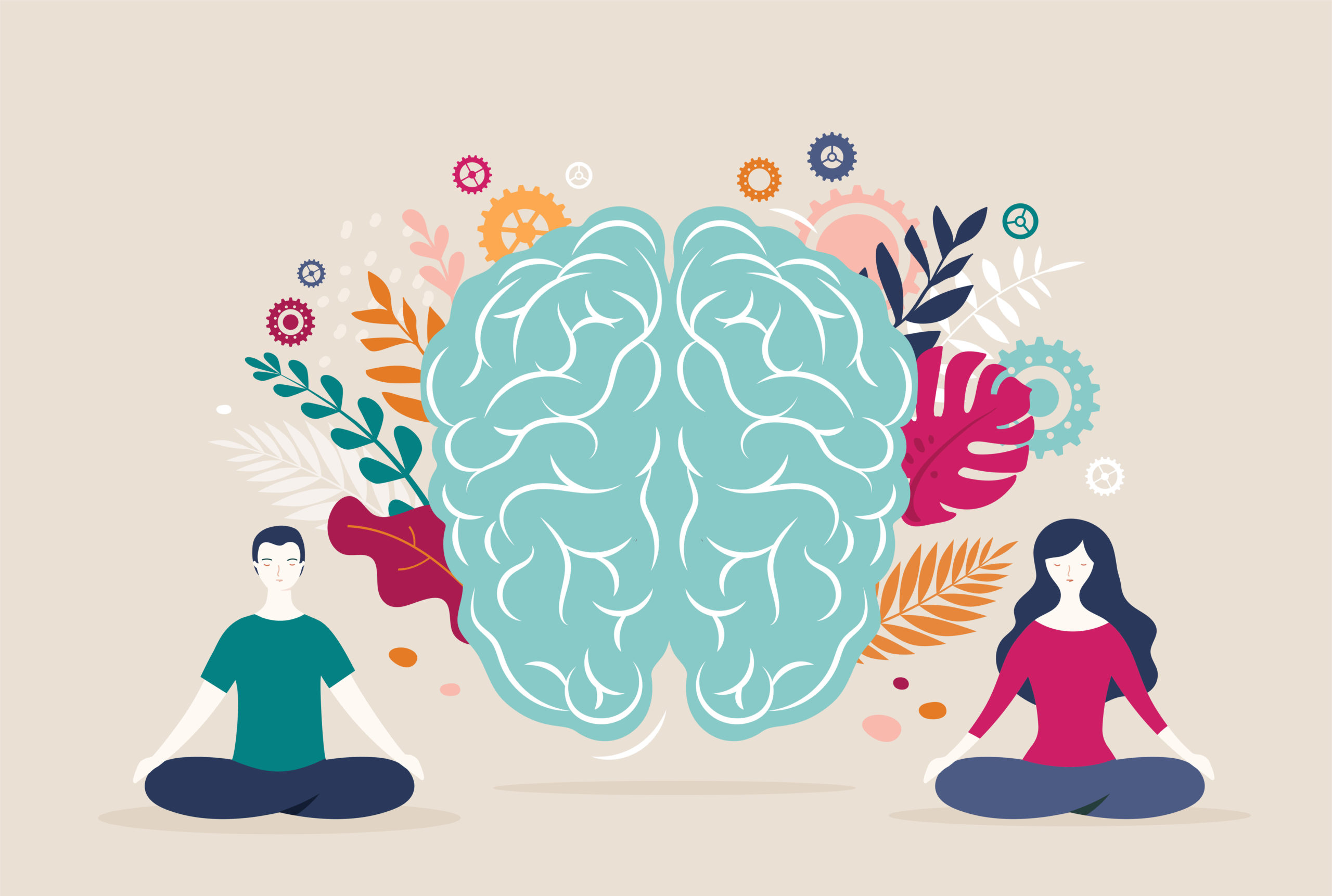Social media has become an inseparable part of our lives, shaping the way we connect, consume information, and perceive the world. While it offers numerous benefits, it also comes with potential drawbacks for mental health. Let’s dive into the good, the bad, and the ugly of social media’s impact on our well-being.
The Bright Side: Social Media’s Mental Health Boost
- Connection and Community: Platforms facilitate connections with friends, family, and communities worldwide, fostering a sense of belonging and social support, particularly valuable for those who feel isolated.
- Support Networks: Online communities offer support and understanding for people facing similar challenges, reducing feelings of isolation.
- Mental Health Awareness: Social media plays a crucial role in raising awareness about mental health issues and reducing stigma.
- Information Sharing: It serves as a powerful tool for spreading information, raising awareness, and mobilizing support for social causes, enabling global movements and access to valuable resources.
- Creativity and Self-Expression: Platforms like Instagram, TikTok, and YouTube empower users to express themselves creatively, boosting self-esteem and providing a sense of accomplishment.
- Career Opportunities: Professionally, it connects individuals with job opportunities, expands networks, and showcases skills.

The Not-So-Bright Side: Social Media’s Mental Health Toll
- FOMO (Fear of Missing Out): Constant exposure to others’ seemingly perfect lives can lead to feelings of inadequacy and social comparison. Social media platforms create a constant stream of updates and notifications, contributing to a fear of missing out on events or experiences. This fear can lead to compulsive checking and a sense of anxiety or restlessness.
- Cyberbullying and Online Harassment: Negative interactions, cyberbullying, and online harassment can have severe mental health consequences like stress, fear, and emotional distress.
- Addiction and Distraction: Excessive social media use can lead to addiction-like behaviors, hindering productivity and relationships.
- Sleep Disruption: The blue light emitted by screens can interfere with sleep patterns, affecting mood and cognitive function.
- Body Image Issues: Social media can contribute to unrealistic body image expectations and negative self-perception.
- Comparison and Negative Self-Image: Curated content can foster insecurity and lower self-esteem, contributing to anxiety and depression. This phenomenon, often referred to as “social media envy,” can contribute to anxiety and depression.
Finding Balance: Tips for Healthy Social Media Use
- Mindful Consumption: Be aware of how social media makes you feel and take breaks when needed.
- Limit Screen Time: Set boundaries and allocate specific time for social media use.
- Focus on Real-Life Connections: Prioritize face-to-face interactions and relationships.
- Practice Self-Compassion: Challenge negative thoughts and focus on self-care.
- Seek Support: Don’t hesitate to reach out to friends, family, or mental health professionals if you’re struggling.



